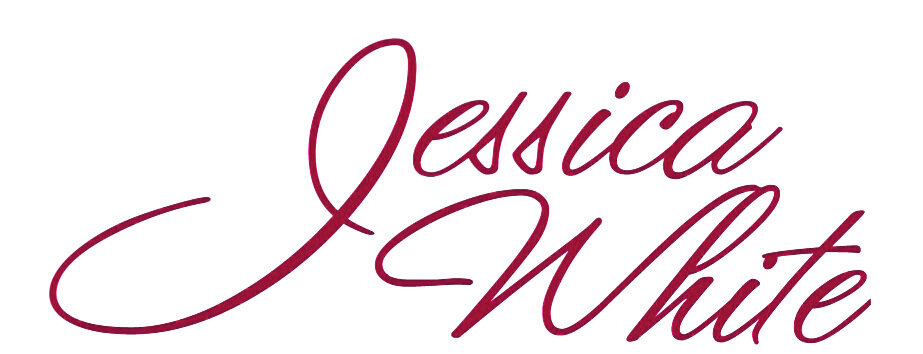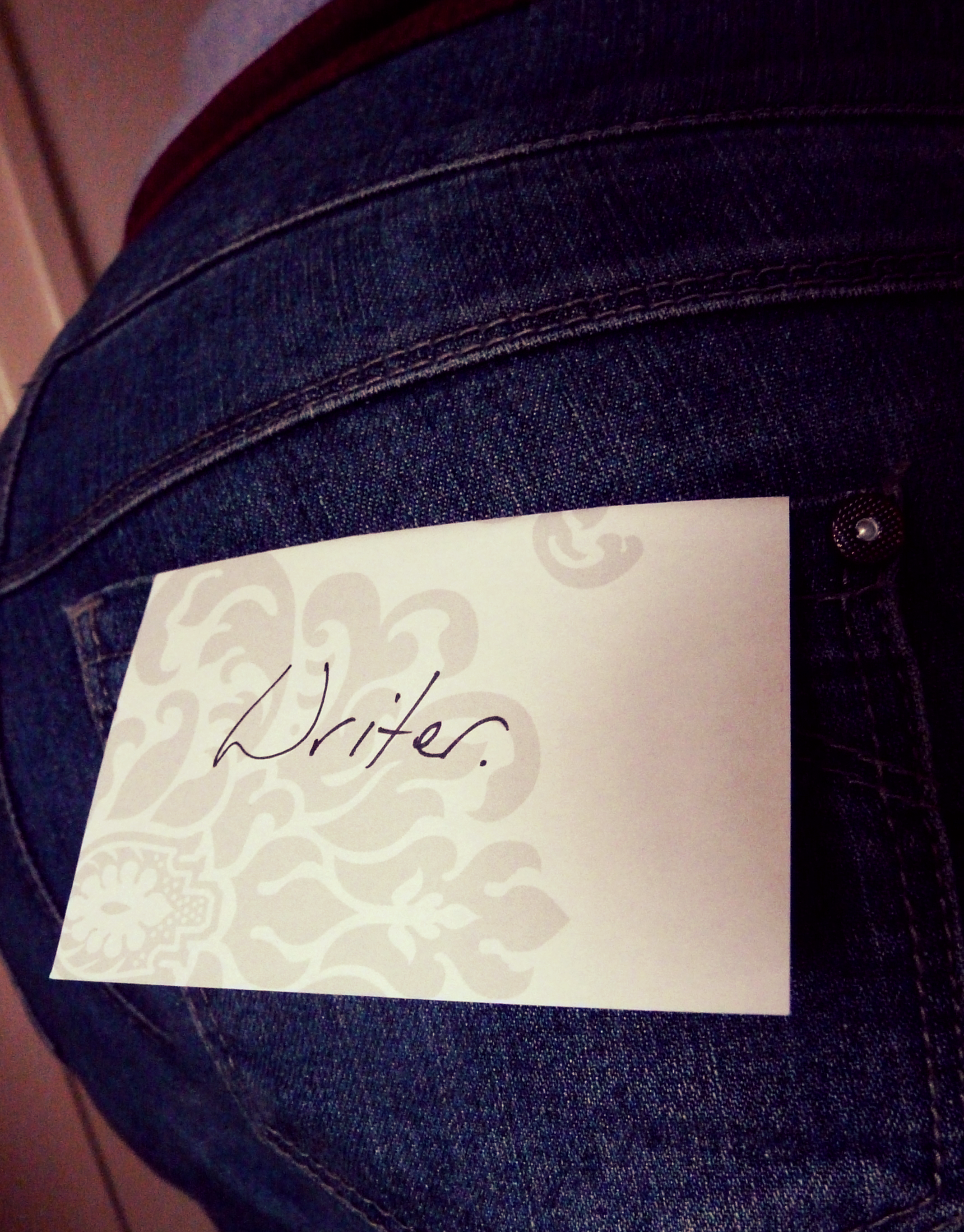#SaveWritingNSW
The week before last, the NSW writers’ centre, Writing NSW, received the devastating news that their multi-year funding would be discontinued. The fate of the writers’ centre is now at risk, as is the ecosystem of writers, teachers and readers that the Writing NSW supports. New South Wales also risks becoming the only state without a writers’ centre.
When I was a young writer living in Sydney in the noughties, Writing NSW (then known as the NSW Writers Centre) was vital to the development of my literary career. They published a little yellow book which listed all of the journals and magazines that accepted submissions. I thumbed through that book religiously and repeatedly sent out my work (in hard copy, with stamps!). The majority of it was rejected, but without this resource, I wouldn’t have published the first few pieces that gave me a leg up into the writing world.
In 2001, I attended a day long festival on writing historical fiction at the Writers Centre with my friend Robin Barker, with whom I was studying writing at the University of Technology, Sydney. It was a clear and bright winter’s day, and at lunchtime I sat in the sun with Robin and her friend and editor, Julia Stiles (who would edit my first novel, A Curious Intimacy, with the aid of an Australian Society of Authors mentorship), and outlined the idea I had for my second novel, though I was still writing the first. I had a strong sense, that day, that I was forming my identity as a writer through the people I was meeting.
Later, in one of the sessions, Robin and I were seated with most of the audience, waiting for the speakers to come in. I sensed a disturbance in the room, and when I looked around for the source, I saw an elegant woman taking her seat on the left-hand side of the front row. ‘That’s Tara Moss,’ Robin explained to me, ‘she’s a model and a writer.’
Tara Moss and I went on to become successful authors (though Moss has written and sold truckloads more books than me!), both of us benefitting from the networks and events associated with the Writers Centre.
Another example: in 2016 I flew from Brisbane to the writers’ centre to attend Quantum Words, a one-day festival centred around writing and science. I knew very little about science writing, but I was interested in learning about how one could communicate plant science. I thought that the ecobiography I was writing could be one way of doing this and wanted to share and test my ideas. Quantum Words was one of the best festivals I’ve ever attended. It was small, which meant it was relatively easy for me to meet people, and the sessions were fantastic, with a keynote by Nobel Prize winner Peter Doherty. Four years later, I drew on a number of the ideas and contacts I made that day to put together Science Write Now, the platform which scientist & author Amanda Niehaus and I are launching this Wednesday to publish and promote creative writing inspired by science.
A writers’ centre isn’t just a place where people go to attend workshops. It’s an ecosystem that nourishes connections, helps with building a literary profile, and offers critical support for the often hard and relentless journey of writing.
One of the saddest aspects of Create NSW’s decision is that the funding Writing NSW asked for is only $175,000 a year. Given the amount that politicians waste (flying business class, for example), how hard can it be to come up with these funds? The centre isn’t a white elephant, as two-thirds of its income is derived from courses, membership and workshops.
Disturbingly, too, only 5% of ongoing funding from Create NSW was dedicated to literature. This means that the state’s future storytellers will not get the support and publication opportunities they need to develop as a writer, and that the stories of people in NSW - particularly marginalised groups who may not have the resources to persist with a writing career - will not be told. This seems to be part of a larger trend of defunding literature in Australia, which the literary scholar and historian in me cannot help but link to book burning by authoritarian regimes, because books disseminate ideas.
If you would like to protest Create NSW’s decision, here are some actions you can take:
Write to or phone your NSW Member of Parliament. Contact details for all state MPs are here. Customise this template letter to make your views known.
Send a copy of your letter to the Honourable Don Harwin, Minister for the Arts: office@harwin.minister.nsw.gov.au.
Post about the funding decision on your social media platforms tagging @writingNSW and using the hashtag #SaveWritingNSW
Spread the news to your colleagues and friends in the writing community and ask them to make their views known
Sign this open letter to Create NSW and the NSW Minister for the Arts from writers and active members in the literary community
Sign this petition from Jamie Parker, MP for Balmain, to NSW Minister for the Arts, the Honourable Don Harwin.













